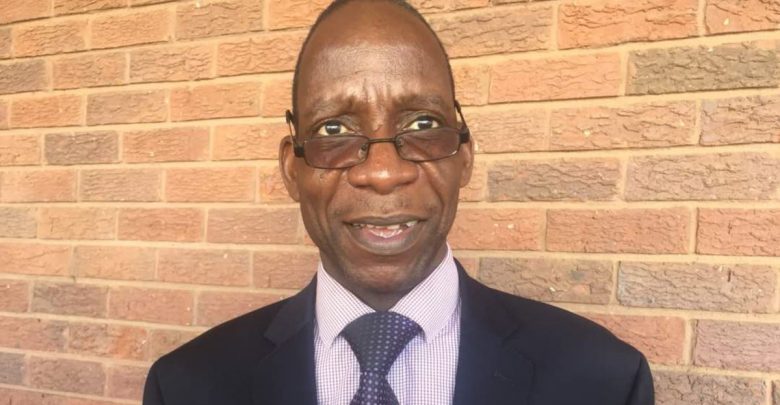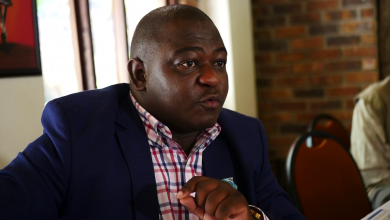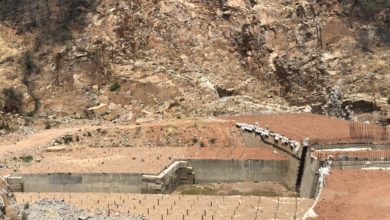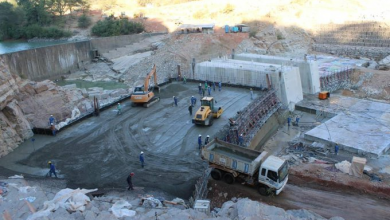ZEC has no legal mandate to impose nomination fees: Madhuku

The Zimbabwe Electoral Commission (ZEC) is not a legislative body and has no power to charge candidate nomination fees, leader of the National Constitutional Assembly (NCA), Professor Lovemore Madhuku has said.
Prof Madhuku added that ZEC cannot make fundamental decisions regarding who can be candidates, as individuals have political rights guaranteed in Zimbabwe’s Constitution (Section 67) to campaign for office and not to be shut out of electoral processes.
ZEC recently gazetted candidate nomination fees in Statutory Instrument (SI) 144 of 2022, saying aspiring presidential, Members of Parliaments, councillors and those gunning for Senate will pay US$20 000, US$1000 and US$200 respectively.
However, Prof Madhuku argues ZEC is not empowered by the constitution to charge such ‘excessive’ fees.
“Who is ZEC to be coming up with these decisions? These decisions ought to be made in the constitution as to who qualifies. Our constitution does not say amounts that have to be paid as it just talks about the requirements one must meet to contest,” he said at a press briefing held Monday.
“Even when you go through the Electoral Act it provides for some nominal fees that ought to be paid but what ZEC has done is substantive. It’s a power ZEC is exercising as if it were a legislative body yet it doesn’t have the power to do that.”
The constitutional law expert clarified that ZEC’s mandate was regulating how elections are conducted, not to make drastic changes overnight to alter Zimbabwe’s political discourse.
“If we allow ZEC to have that power, then there will be no need for us to have parliament,” Prof Madhuku said, underlining that for a law to be passed it must go through Parliament where public outreach meetings were done.
“Surely the regulations that ZEC has brought are the kind of regulations that ought to be debated by the public and there was no such public debate. No Zimbabwean was ever asked to express a view. We didn’t even know this was in the pipeline.”
Prof Madhuku noted that ZEC was taking Zimbabwe back to colonial years when a 1961 constitution listed similar conditions.
“The colonial constitution would pretend Blacks were allowed to vote and were allowed to be MPs but one had to show a property qualification and own something. It was known Blacks would not own that property. If you have US$20 000, this is a property qualification where you show you have some money,” he said, noting that such conditions were fought against during the liberation struggle.
“We have already fought for these rights. ZEC must simply run elections not for them to go this far. Our blame goes straight and exclusively to ZEC. We believe in this case; it misunderstood its powers and that’s a sign of incompetence.”
Prof Madhuku calculated that a political party that wished to contest for all vacant seats in Zimbabwe would have to part with half a million US dollars
“There are 1 958 councillors, then 600 more councillors would be added under Proportional Representation that came with the Constitutional Amendment Number 2. There are up to 270 MPs then add with 80 senators, which is the 60 elected and 20 that are not elected,” Prof Madhuku stated.
“Our position as the NCA is this is ridiculous, totally unacceptable, unconstitutional and undemocratic.”
The NCA leader questioned why Zimbabwe wanted to adopt an American practice where candidates first declared how much they had raised before contesting yet a democratic space must allow everyone, even from the lowest level of societal structures to be able to participate in electoral processes.
Prof Madhuku rubbished a state media report that said “‘there is no democracy without money, or a politician without money,’” wondering how an American discourse was now paraded in Zimbabwe.
“This is very undemocratic; it will only limit that democratic space to the Trumps of this world … so Zimbabwe is fast wanting to become that situation and we condemn it.”
The NCA leader also said these nomination charges would restrict Zimbabwe’s electoral space to the two dominant political parties (understandably Zanu PF and the Citizens Coalition for Change.)
“Our agenda as the NCA is to increase democracy space by making sure we have a multi-party system so it requires participation by many. The ruling party Zanu PF will be funded easily. They have resources and are funded by many corrupt people in this country. Our other dominant colleagues have so many friends around the world…” he said.
As a way forward, Prof Madhuku said NCA would first engage within the Political Actors Dialogue (POLAD) to have some collective position on ZEC.
“We don’t believe this current position is influenced by other people besides ZEC itself. We think it’s a mistaken view, which can be easily corrected. If that fails of course we go to courts but we emphasize going to court will only come after we have exhausted the political route, which is to engage. This is not a business and not a decision for ZEC to make,” he summed.






One Comment